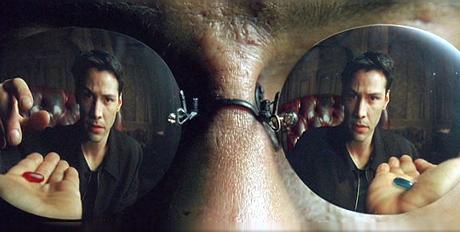 |
| Ii Naosuke (1815 -1860) |
Ii Naosuke 井伊 直弼 was daimyo of Hikone and also Tairō (chief elder) of Tokugawa Shogunate. He was an accomplished practitioner of the Sekishūryū school of 茶道 tea ceremony. In his writings he coined the famous phrase 一期一会 Ichi-go ichi-e ("one chance, one encounter") Ichi-go ichi-e is linked with Zen and concepts of temporary and transitory and the importance of being in the “here and now”. The term is often brushed onto scrolls which are hung in the tea room. In the context of tea ceremony, ichi-go ichi-e reminds participants that each tea ceremony is unique. It is a reminder that one should honor the moment as an once in a lifetime gathering. The message is to cherish the importance of every meeting for it will never happen again.
In 書道 shodo, the way of the brush, 一期一会 Ichi-go ichi-e is exemplified. The moment the brush touches paper can only happen once. It is a pure moment of practice. Yuehping Yen writes “Chinese calligraphy is a live hi fidelity record of physical forces involved in brush play. The motor act leaves an imprint on the produced form.” He goes to write, “Graphic energy or visual dynamics in Chinese calligraphy can be fully understood in the use of force in wielding the brush. Once a stroke is written it is forbidden to retouch it with the brush. Once ink leaves a mark on the paper its destiny is finalized. In other words, after an ink stroke is written it cannot be scraped off, erased written over or modified in any way. Therefore a written work can be seen as a trace of a succession of brushstrokes of no return.” ArtVirtue writes “Amending or retouching ( 描 ) is considered a "failure" and "dishonest" in calligraphy. It’s forbidden for all students and calligraphers at all levels. In China and many other Asian countries, calligraphers, scholars, officers, emperors or presidents may lose trust to people if they are found to retouch their strokes in brush writing.” There is a strict rule that writing should come directly from the mind and skill of an artist. A retouched brush stroke can easily be seen by experienced artists. But even more than that, retouching discourages the development of skill. The aspiring artist robs themselves of genuineness of form because they have chosen an easier way.
The term 一期一会 is also much repeated in 武道 budo (martial way). Budoka need the reminder not to cheat the moment in their martial brushstrokes. Where can we find "failure" and "dishonesty" in the budo practice? My first thought is in not owning mistakes “retouching”. The first touch of a budoka is as pure a moment as when the brush touches paper. We ‘retouch’ when we refuse find the mechanics that make it really work. Instead some budoka choose to program unrealistic partners – expecting them to fall rather than find legitimate technique. The aspiring artist robs themselves of genuineness of form because they have chosen an easier way.
_in_an_agricultural_school.jpg)
一期一会 is used to remind those who become careless and break the flow of techniques to stop techniques midway to "try again," rather than moving on despite the mistake. This is another form of retouching. As budoka we own the mistake and deal with the problems that arise from it.Even though techniques may be attempted many times in the dojo, each should be seen as a singular and decisive event. In a life-or-death encounter there are no "do overs." There is only the one chance to deal with the problem.
 |
| Photo by Chris Barense |
Maybe most importantly, like in the context of tea ceremony, 一期一会 ichi-go ichi-e reminds participants that each day in the dojo is unique. It is a reminder that one should honor the moment, the dojo, the people, and the art as an once in a lifetime gathering. That is, we should cherish the importance of every meeting for it will never happen again. For indeed the dojo is like a phantasm. Look around the hall and see all the faces of teachers and students. It only exists at ‘this moment’. Before long people drift off, or die off and the fabric of the practice changes yet again. We lose buildings and people and our practice forever morphs into something different.
The preciousness of THIS moment of training can never be overstated.











Very nice post. Thanks
ReplyDeleteThis post is very insightful in both broad and specific applications. Thank you for posting this. I will continue to ruminate on it's meaning.
ReplyDeleteWhoa, never thought about that connection between 一期一会 and budo practice before. Each waza we practice is like a brushstroke that cannot be taken back, no matter how ugly it may be. The result of making such corrections as dishonest budo practice ... very interesting stuff.
ReplyDelete